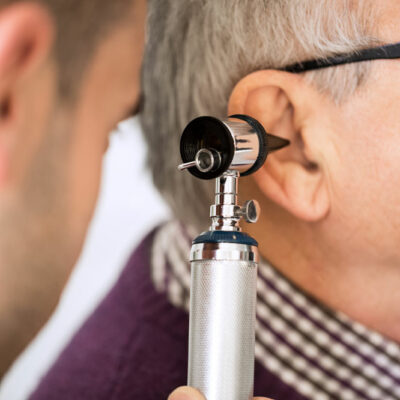
health
5 signs of a weakened immune system due to excessive sugar intake
The immune system plays a critical role in maintaining our overall health. Its function is to protect the body from cell changes, germs, and substances that may cause harm and lead to health disorders. This is why following healthy food habits, sleep patterns, and exercise routines is recommended to keep the immune system strong. However, having a sweet tooth and eating too many sugary foods and beverages can negatively affect your immune system. Here are the signs of a poor immune system due to excessive sugar: Your body is unable to fight off infections You may feel like reaching out for a packaged snack when midday hunger pangs strike. Since such snacks usually have high amounts of sugar, regularly eating them can affect your body’s ability to fight infections. This happens because the excess sugar you consume affects your body’s white blood cells. These cells are responsible for dealing with viruses, bacteria, and other infection-causing substances. Your wounds don’t heal fast enough Another common sign of a poor immune system due to excessive sugar is the slow healing of wounds. Eating foods with too much sugar inhibits the normal functioning of the white blood cells. The white blood cells work as the body’s defense mechanism whenever you have a cut or a wound.
Read More 









